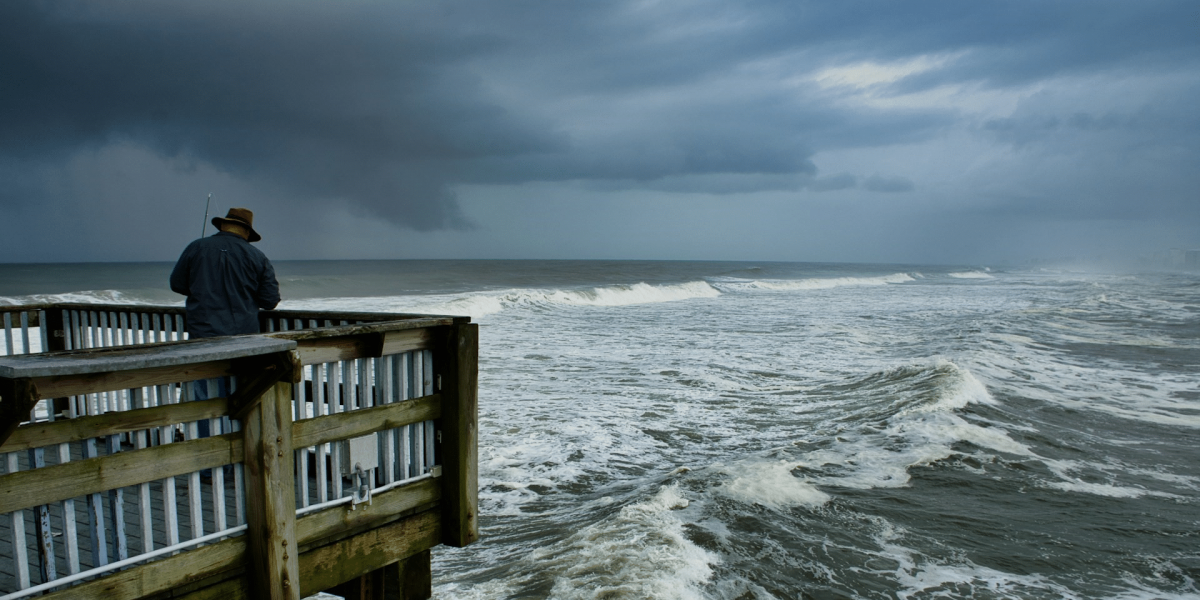As Hurricane Helene approaches, communities across the southern United States are bracing for potentially devastating impacts. The storm has generated widespread concern due to its projected path, potential for high storm surges, and the disruption it may cause to both infrastructure and daily life. This article explores the key concerns surrounding Hurricane Helene, from the threat of severe flooding and wind damage to the long-term implications of climate change in southern coastal areas.
Potential Impact on Southern States
Path and Intensity Projections
Meteorologists are closely tracking Hurricane Helene’s path using advanced forecasting models. These projections provide real-time updates on the storm’s intensity, speed, and the areas most likely to be affected. According to the National Hurricane Center, states like Florida, Louisiana, Alabama, and Georgia are at high risk of experiencing the hurricane’s direct impact. Communities in these states are preparing for potential landfall, with concerns centered around high winds, torrential rainfall, and dangerous storm surges
Storm Surge and Flooding Risk
One of the most serious threats posed by Hurricane Helene is the potential for significant storm surges along the Gulf Coast and southeastern states. Coastal regions, especially those in low-lying areas, are at risk of severe flooding In addition to coastal flooding, inland areas may face flash floods as a result of prolonged heavy rainfall, with some regions expected to receive several inches of rain in a short period These conditions could lead to river overflows and exacerbate flooding in areas already vulnerable to water-related disasters.
Preparedness Measures and Government Response
Evacuation Orders and Plans
Local governments in at-risk areas have issued mandatory evacuation orders to protect residents from the storm’s impact Shelters are being prepared, and authorities are urging people to evacuate early to avoid being trapped in areas that may become inaccessible due to rising floodwaters Residents are also being advised to stockpile emergency supplies, including food, water, and medical necessities, in preparation for extended periods without access to essential services
Federal and State-Level Support
In response to the hurricane’s potential devastation, federal and state agencies have mobilized resources to assist with preparation and recovery. The Federal Emergency Management Agency (FEMA) has pre-positioned emergency response teams and supplies throughout the region National Guard units are also on standby, prepared to assist with evacuations, search and rescue efforts, and other critical tasks Coordination between federal and local authorities is key to ensuring a rapid and effective response to the storm
Environmental and Economic Concerns
Disruption to the Energy Sector
The Gulf Coast is home to a significant portion of the nation’s energy infrastructure, including offshore oil rigs and refineries. In anticipation of Hurricane Helene, many of these facilities are being shut down or evacuated to minimize risks This is expected to cause temporary disruptions in oil and gas production, which could lead to fluctuations in energy prices across the country Additionally, power outages are anticipated in many coastal areas due to potential damage to electrical grids from high winds and flooding
Agriculture and Livelihoods at Risk
The agricultural sectors in states like Alabama and Georgia are bracing for significant crop damage, particularly to cotton, soybeans, and peanuts. Farmers are working to secure their fields and livestock ahead of the storm. Similarly, coastal communities that depend on fisheries are concerned about potential damage to marine ecosystems, which could have long-term economic consequences for local industries
Public Health and Safety Concerns
Healthcare System Preparedness
Hospitals and clinics in the projected path of Hurricane Helene are preparing for the worst. Emergency protocols are being activated to deal with potential power outages, increased patient loads, and access issues Mobile health units and temporary field hospitals are being set up to handle any surge in medical needs, especially in rural areas where healthcare infrastructure is already limited Additionally, concerns about the spread of diseases, such as waterborne illnesses and mosquito-borne viruses, have been raised as standing water and flooding may create conditions favorable for outbreaks
Public Safety Measures
Maintaining open lines of communication is a priority for emergency services, ensuring that residents receive up-to-date evacuation orders and weather alertsSearch and rescue teams are on high alert, with the Coast Guard, National Guard, and local authorities preparing for rapid response efforts in areas hardest hit by the storm
Climate Change and Extreme Weather Patterns
Link to Increasingly Severe Storms
Hurricane Helene is part of a growing trend of more intense storms linked to climate change. Rising global temperatures are warming ocean waters, which, in turn, fuels stronger hurricanes Many climate scientists believe that hurricanes like Helene will become more frequent and more destructive as climate change accelerates, posing increasing risks to coastal areas
Future Mitigation and Adaptation Strategies
In response to the growing threat of extreme weather events, discussions around long-term infrastructure resilience are becoming more urgent. Coastal communities are exploring ways to fortify flood control systems, build sea walls, and invest in sustainable urban planning to reduce the damage caused by future hurricanes On a national level, there are calls for federal policy changes to improve disaster relief funding and enhance climate adaptation measures
As Hurricane Helene approaches, the South braces for a potentially destructive impact. Communities are preparing for severe flooding, power outages, and infrastructure damage, while local and federal governments coordinate their emergency response efforts. Beyond the immediate concerns, Helene raises important questions about the future of hurricane preparedness and the long-term effects of climate change on southern coastal areas. With resilience and adaptation at the forefront of discussions, the response to Hurricane Helene may set the stage for how communities face similar threats in the years to come.







